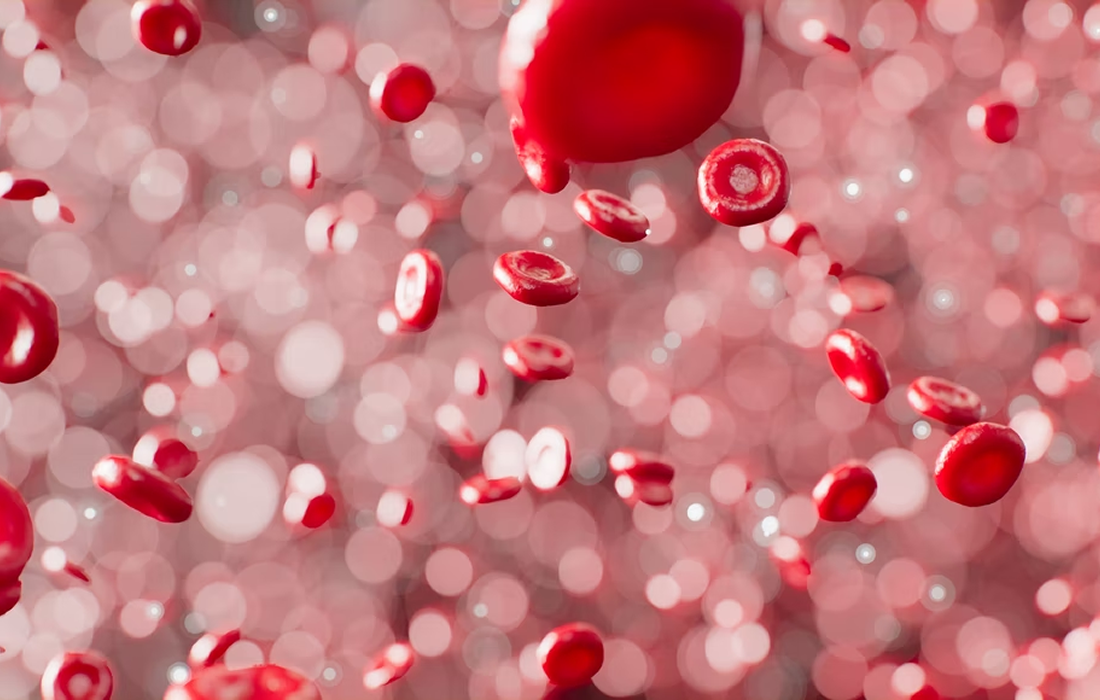Regenerative Medicine News and General Information
A Possible Cure for Sickle Cell Disease
Sickle cell disease is an inherited blood disorder where red blood cells become sickle or crescent-shaped, which increases the risk of frequent infections, and is also characterized by painful recurrence of vaso-occlusive events that cause hands and legs swelling, pain, and severe tiredness with delayed growth or puberty.
The standard medical treatment focuses on controlling symptoms and may include pain medications during vaso-occlusive crises. Another commonly used medication is hydroxyurea to reduce the number of pain episodes.
There is currently no cure for the condition. But recently, a group of researchers evaluated the use of autologous transplantation of hematopoietic stem cells transduced with a lentiviral vector, called BB305, using gene therapy with the use of LentiGlobin. This lentiviral vector encodes for a modified β-globin gene, which produces an antisickling hemoglobin, HbA.
Study Development and Results
For the study, the team enrolled a total of 35 patients that received a LentiGlobin infusion, with a median follow-up of 17 months.
The team found that median total hemoglobin levels in the patients increased from 8.5 g per deciliter at baseline to 11 g or more per deciliter from 6 months through 36 months after infusion.
Hemoglobin A (HbA) contributed at least 40% of total hemoglobin. The patients had reduced hemolysis markers and all of them had resolution of severe vasoocclusive events and no severe adverse events were observed or any cases of hematologic cancers were reported after 36 months of follow-up.
This one-time treatment resulted in sustained production of HbA in most red blood cells, leading to reduced hemolysis and complete resolution of vaso-occlusive events.
According to the team at this point is hard to know the sustainability of their results but based on the study the prospects seem good and hopefully, this could become a curative or nearly curative therapy.
Sources:
Boston University School of Medicine. “A possible cure for sickle cell? High-tech solution unlikely to help patients with limited access.” ScienceDaily. ScienceDaily, 16 February 2022. <www.sciencedaily.com/releases/2022/02/220216170214.htm>.
Julie Kanter, et al. Biologic and Clinical Efficacy of LentiGlobin for Sickle Cell Disease. New England Journal of Medicine, 2021; DOI: 10.1056/NEJMoa2117175.
Image from:

